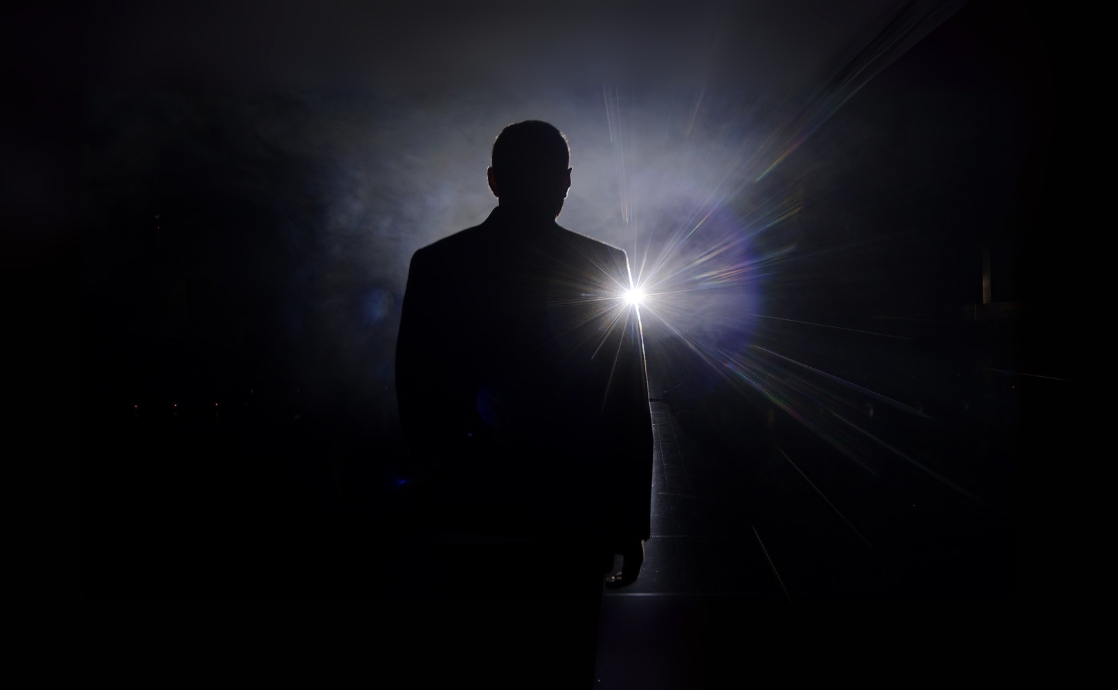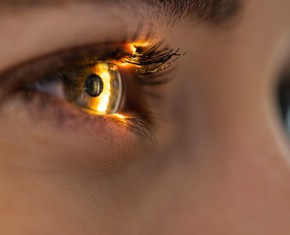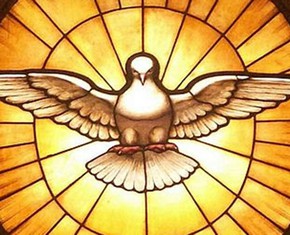The views expressed in our content reflect individual perspectives and do not represent the authoritative views of the Baha'i Faith.
Clothe thyself with the essence of righteousness, and let thine heart be afraid of none except God. – Baha’u’llah, Gleanings from the Writings of Baha’u’llah, p. 323.
Try this for a minute: see if you can remember the last time you felt really afraid. Can you recall it?
If not, good for you—maybe you lead a charmed life, or maybe you’ve conquered your fears. But if you do remember that feeling of abject fear, think about why you felt that way. Did you fear humiliation, or a loss of respect, or poverty, or injury, or even death? Did you fear for yourself, or for someone close to you? Did the fear you felt make you change your behavior or your beliefs?
Fear can powerfully motivate us in life. Because it represents such a primal emotion, it affects us deeply and profoundly. Scientists have determined, though, that most fears aren’t innate—instead, we learn them. We all have early experiences that condition our fear response, and that make us afraid of certain things. My wife won’t ride horses, for example—not because of anything that ever happened directly to her, but because at three years old she saw her older sister fall off a horse.

These cognitive fears, whether rational or irrational, can persist throughout our lives, and even determine the course of our lives. In my own life, I developed an early fear of God, because my parents took me to a church that instilled a fire-and-brimstone version of the Creator in my young mind. God, that church taught, generally represented rage and anger. Unhappy with a sinful mankind, that God tended to punish severely. So I visualized that church’s God as a wrathful, bad-tempered tyrant, who insisted that I be good or suffer terrible consequences. For most of my childhood I feared that particular God, until I learned that I could reject his existence—and did.
For some time, I thought of myself as an atheist, denying the existence of any Creator because I didn’t like or believe the depiction of God I first encountered.
Then I learned about the Baha’i Faith, and I found a completely new conception of God. Instead of an angry, anthropomorphized Supreme Being, I learned that God exists far beyond the conceptual abilities of any human being. The birds of our hearts, I realized, can never reach the heights necessary to understand our Creator:
To every discerning and illuminated heart it is evident that God, the unknowable Essence, the Divine Being, is immensely exalted beyond every human attribute, such as corporeal existence, ascent and descent, egress and regress. Far be it from His glory that human tongue should adequately recount His praise, or that human heart comprehend His fathomless mystery. – Baha’u’llah, Gleanings from the Writings of Baha’u’llah, pp. 46-47.
Any human attempt at understanding the Creator, the Baha’i teachings say, will fail. In fact, Baha’u’llah compares those attempts to a painting trying to comprehend the painter:
He is indeed a true believer in the unity of God who, in this Day, will regard Him as One immeasurably exalted above all the comparisons and likenesses with which men have compared Him. He hath erred grievously who hath mistaken these comparisons and likenesses for God Himself. Consider the relation between the craftsman and his handiwork, between the painter and his painting. Can it ever be maintained that the work their hands have produced is the same as themselves? By Him Who is the Lord of the Throne above and of earth below! They can be regarded in no other light except as evidences that proclaim the excellence and perfection of their author. – Baha’u’llah, Gleanings from the Writings of Baha’u’llah, pp. 336-337.
So maybe you can understand my consternation, years after I decided to become a Baha’i, when I came upon this passage in the Baha’i writings:
The fear of God hath ever been a sure defense and a safe stronghold for all the peoples of the world. It is the chief cause of the protection of mankind, and the supreme instrument for its preservation. – Baha’u’llah, Epistle to the Son of the Wolf, p. 27.
There it was again—the fear of God. As a Baha’i, I had learned that God loves humanity, that God’s love created the very core of our existence. I associated the Baha’i conception of God with mercy and kindness, not fear. So I searched the Baha’i writings for the phrase “the fear of God.” I tried to understand how Baha’u’llah and Abdu’l-Baha used it and what it meant.
I learned that in Arabic, the original language of much of the Baha’i revelation, the word taqwa often gets translated as “fear.” But that simple translation doesn’t fully convey the entire sense of the word’s many meanings. Instead, taqwa can also mean virtue, protection, faithfulness, piety, trust, righteousness and a high level of awareness of your place in the larger scheme of things. Rather than instilling a primal fear of an angry God, this much more complex usage suggests how we should relate to the unknowable essence of God—with the emotions of awe, respect and inspiration:
O people! Fear God, and disbelieve not in Him Whose grace hath surrounded all things, Whose mercy hath pervaded the contingent world, and the sovereign potency of Whose Cause hath encompassed both your inner and your outer beings, both your beginning and your end. Stand ye in awe of the Lord, and be of them that act uprightly. – Baha’u’llah, The Summons of the Lord of Hosts, pp. 40-41.
After I studied the phrase “fear of God” throughout the Baha’i scriptures, I began to develop a completely different understanding of the term. Instead of reacting to it from a child’s fearful point of view, I began to see it from another perspective—a mixture of reverence, wonder and deep deference to that Unknowable Essence who created us all.
Next: The Greatest Divine Bounty: A Confident Heart
You May Also Like
Comments

















course, others must go through the
long stressful process of reaction and
resolution you did. It surely shows
the harm an over-zealous clergy can
cause. I'm grateful the Baha'i Faith
is free of that barrier between us and
our God!